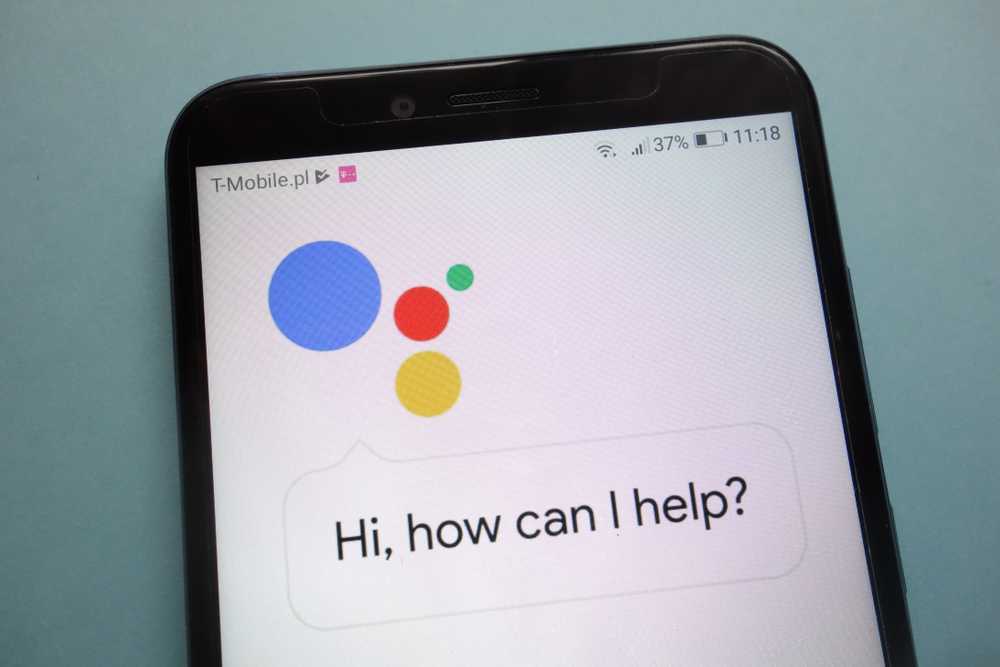CEO Sundar Pichai Wants the Government to Regulate Google's AI Efforts
In an op-ed, the Google chief called for global regulations of artificial intelligence technologies.

Google CEO Sundar Pichai joined the growing list of tech executives calling for regulators around the world to put sensible limits on artificial intelligence (AI) technologies in an opinion article The Financial Times published on Sunday.
Pichai trumpeted Google's efforts to use AI to help doctors spot breast cancer, assist meteorologists with their forecasts and bolster Lufthansa Group's efforts to keep flights running on time. The company's also used AI to improve its product offerings.
But that doesn't mean regulators should let companies do whatever they want to with AI, he explained.
"The EU and the U.S. are already starting to develop regulatory proposals. International alignment will be critical to making global standards work," Pichai said.
"To get there, we need agreement on core values. Companies such as ours cannot just build promising new technology and let market forces decide how it will be used. It is equally incumbent on us to make sure that technology is harnessed for good and available to everyone.
"Now there is no question in my mind that artificial intelligence needs to be regulated. It is too important not to. The only question is how to approach it."
Pichai argued that regulators around the world should develop consistent guidelines that protect their citizens without unnecessarily restricting the tech industry's ability to innovate. He also advocated for nuanced rules that adapted to various situations.
This entreaty follows similar messaging from other companies. Microsoft called for stricter rules affecting facial recognition in 2018, for example, lest we find ourselves living in dystopian societies like the ones found in George Orwell's 1984 by 2024.
Get Tom's Hardware's best news and in-depth reviews, straight to your inbox.
Apple CEO Tim Cook also said throughout 2019 that regulators needed to increase their oversight of the tech industry. He mostly focused on privacy, but it seemed like Cook expected governments around the world to be more wary of tech, period.
These statements make it clear that Google, Microsoft and Apple expect their offerings--many of which have become increasingly reliant on and informed by AI--to attract more scrutiny in the future. It's better to play along than to resist those efforts.

Nathaniel Mott is a freelance news and features writer for Tom's Hardware US, covering breaking news, security, and the silliest aspects of the tech industry.
-
bit_user ReplyThese statements make it clear that Google, Microsoft and Apple expect their offerings--many of which have become increasingly reliant on and informed by AI--to attract more scrutiny in the future. It's better to play along than to resist those efforts.
Could be, but maybe they recognize that they're caught in something of an AI arms race and want governments to setup some guard rails so that some of the worst outcomes can be avoided.
I don't generally give businesses much credit for trying to do right by society, but I could genuinely believe these guys have apprehensions about the possibilities some of this tech is opening up.